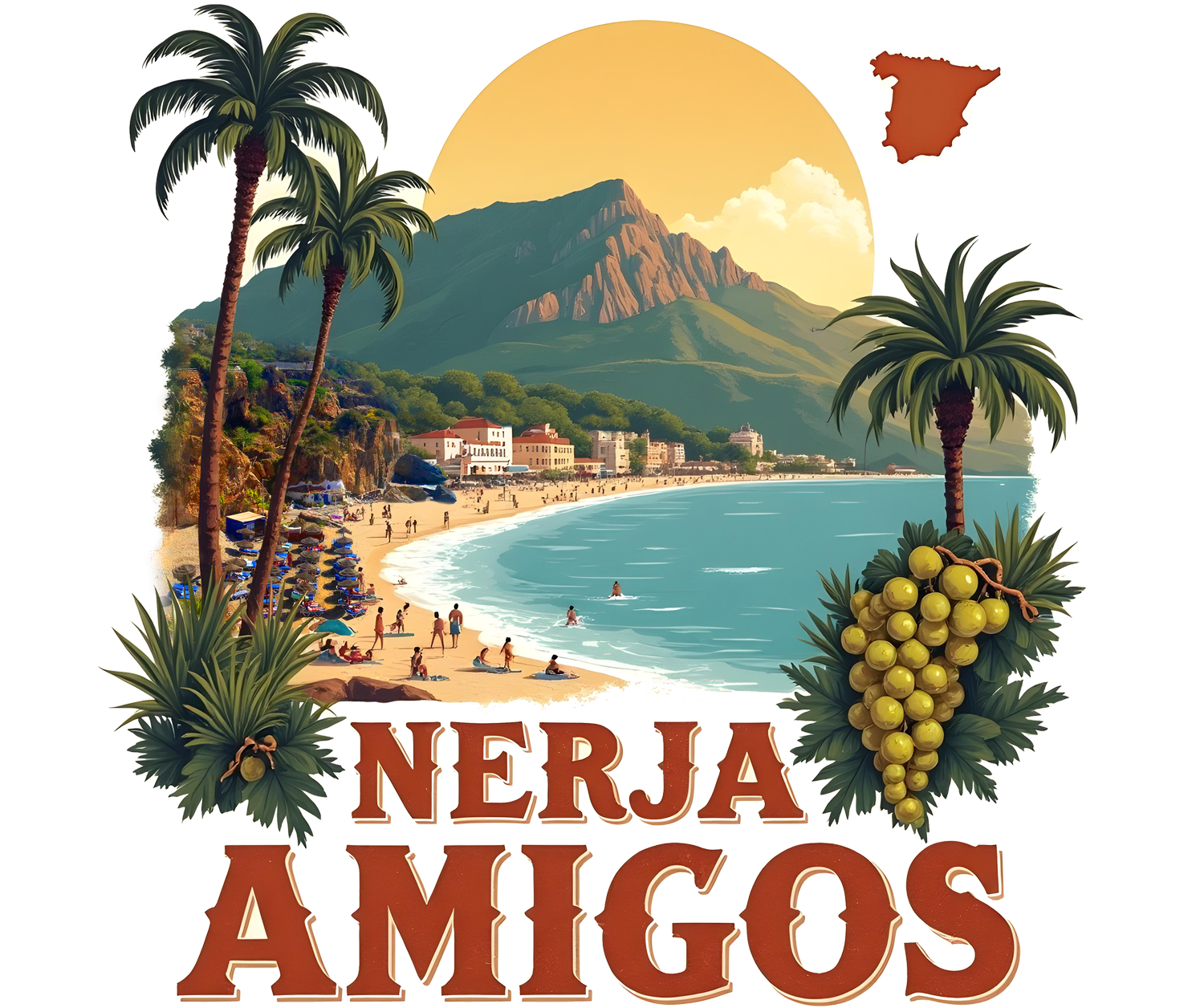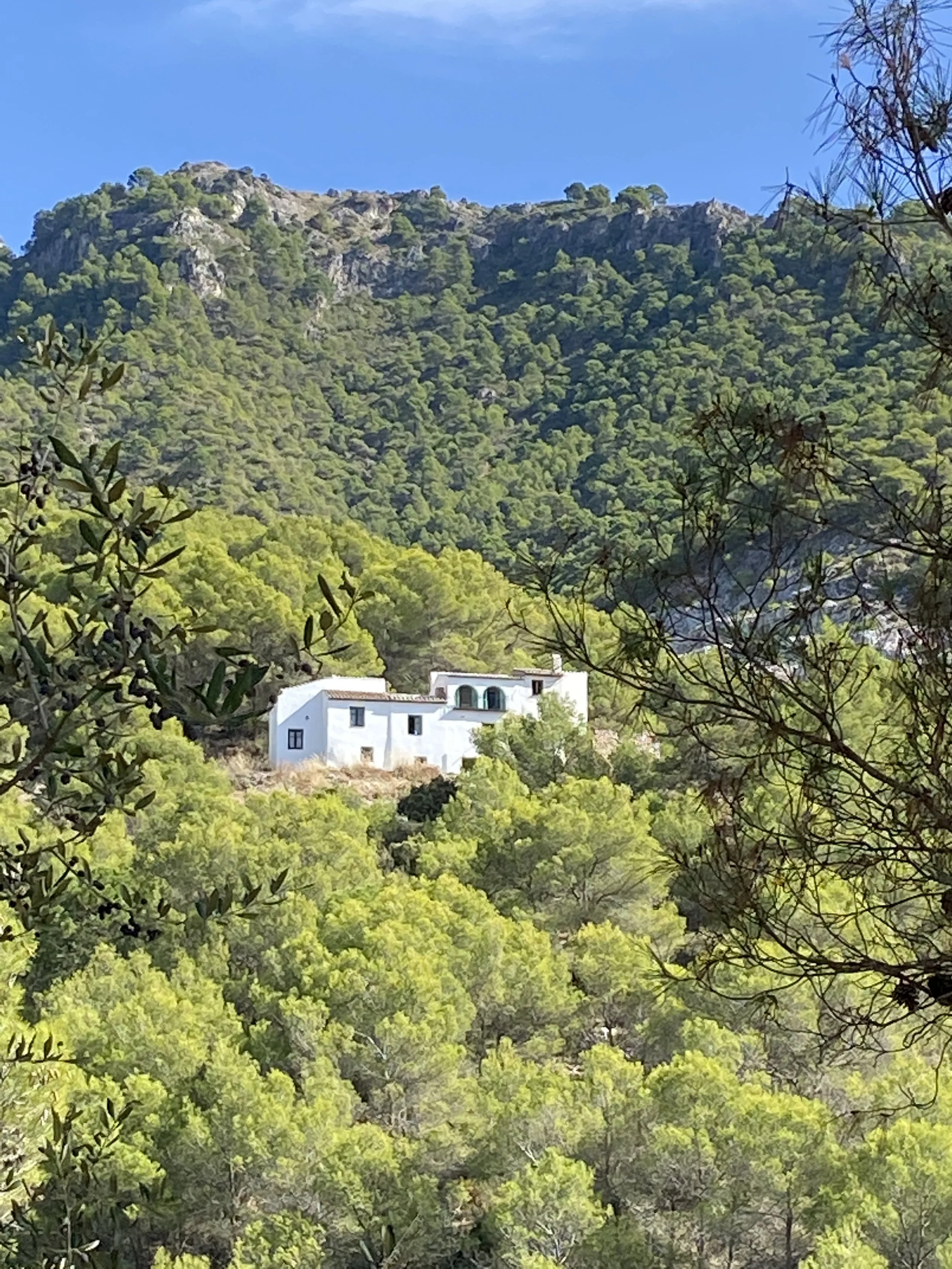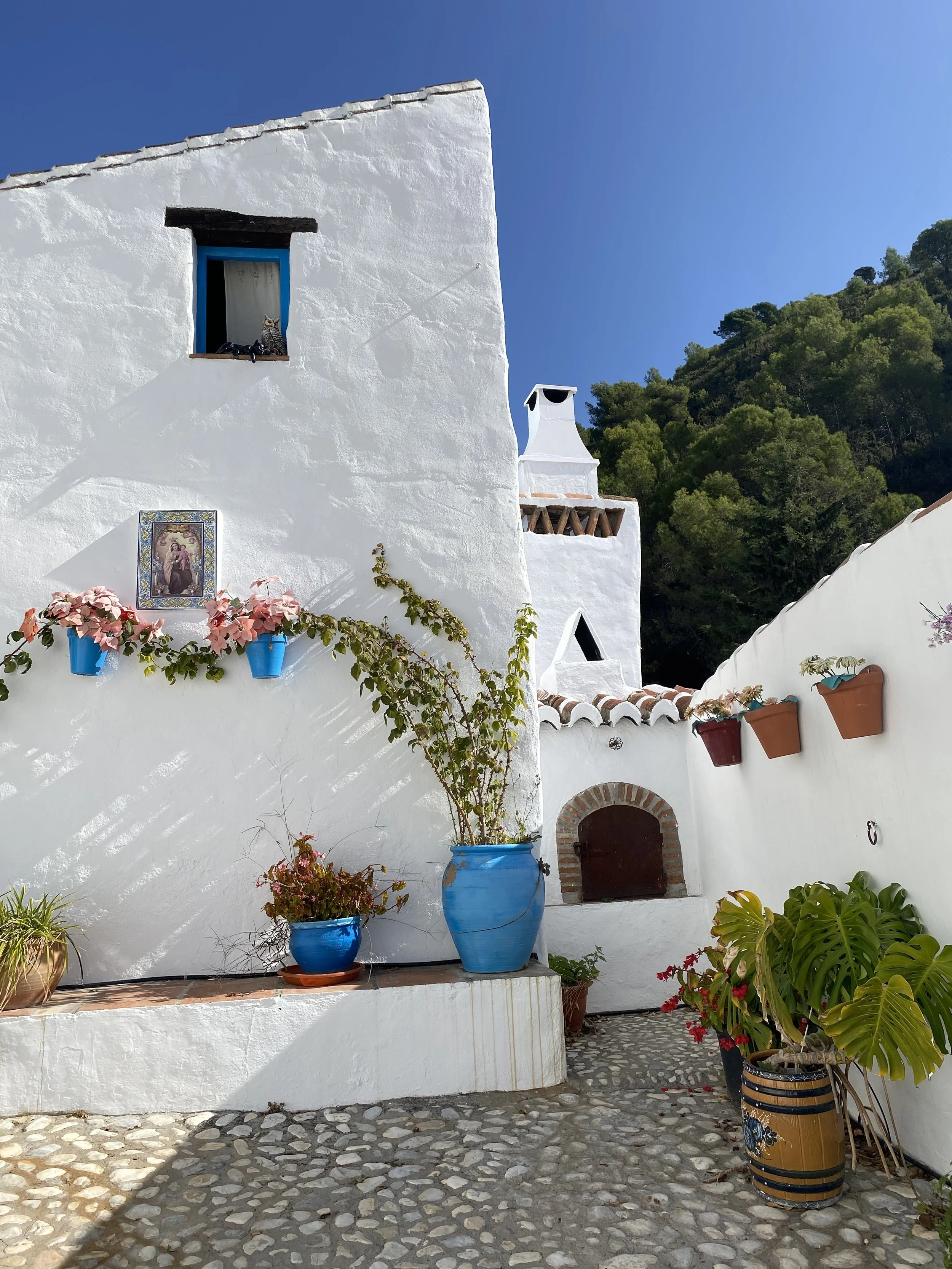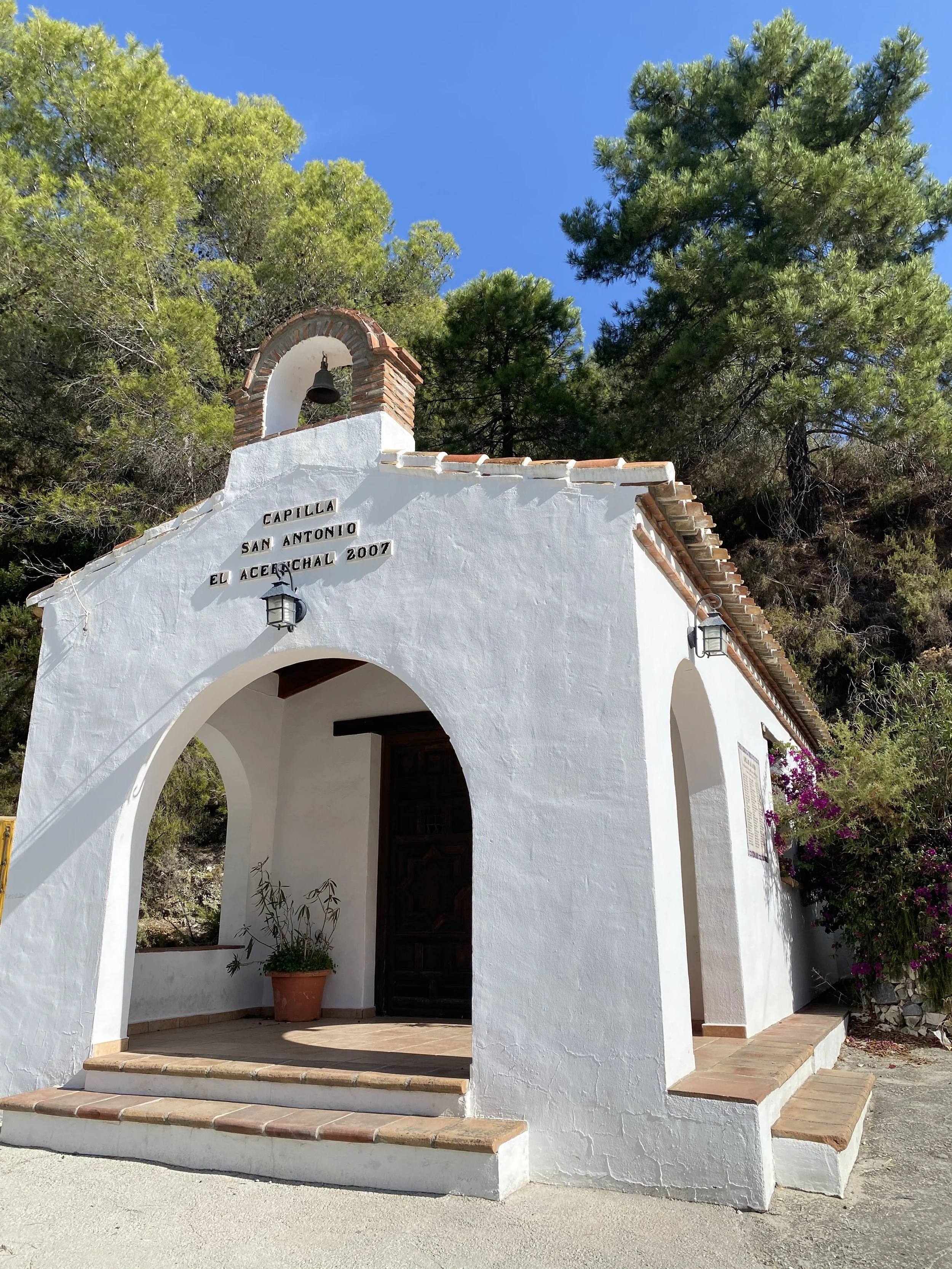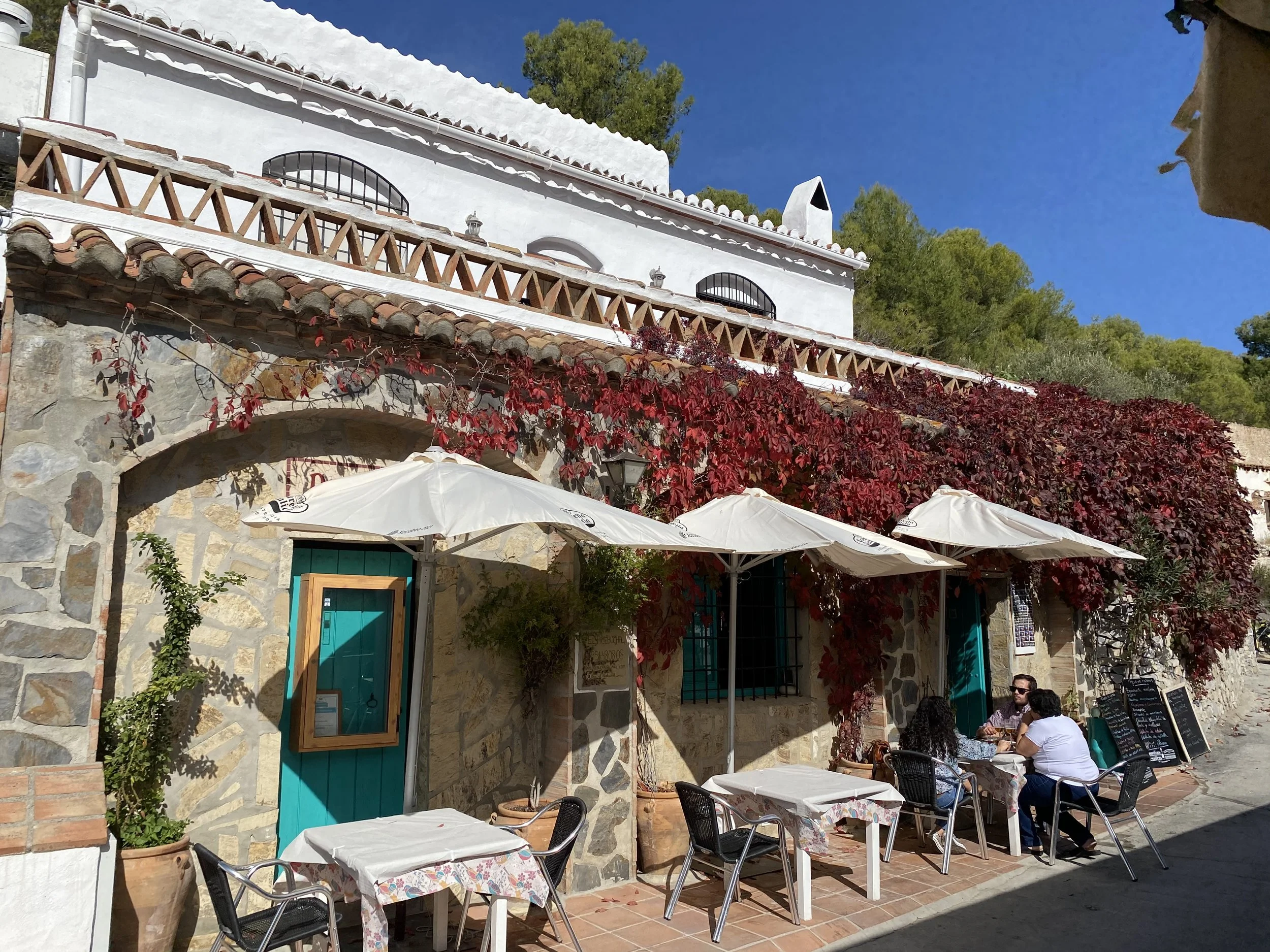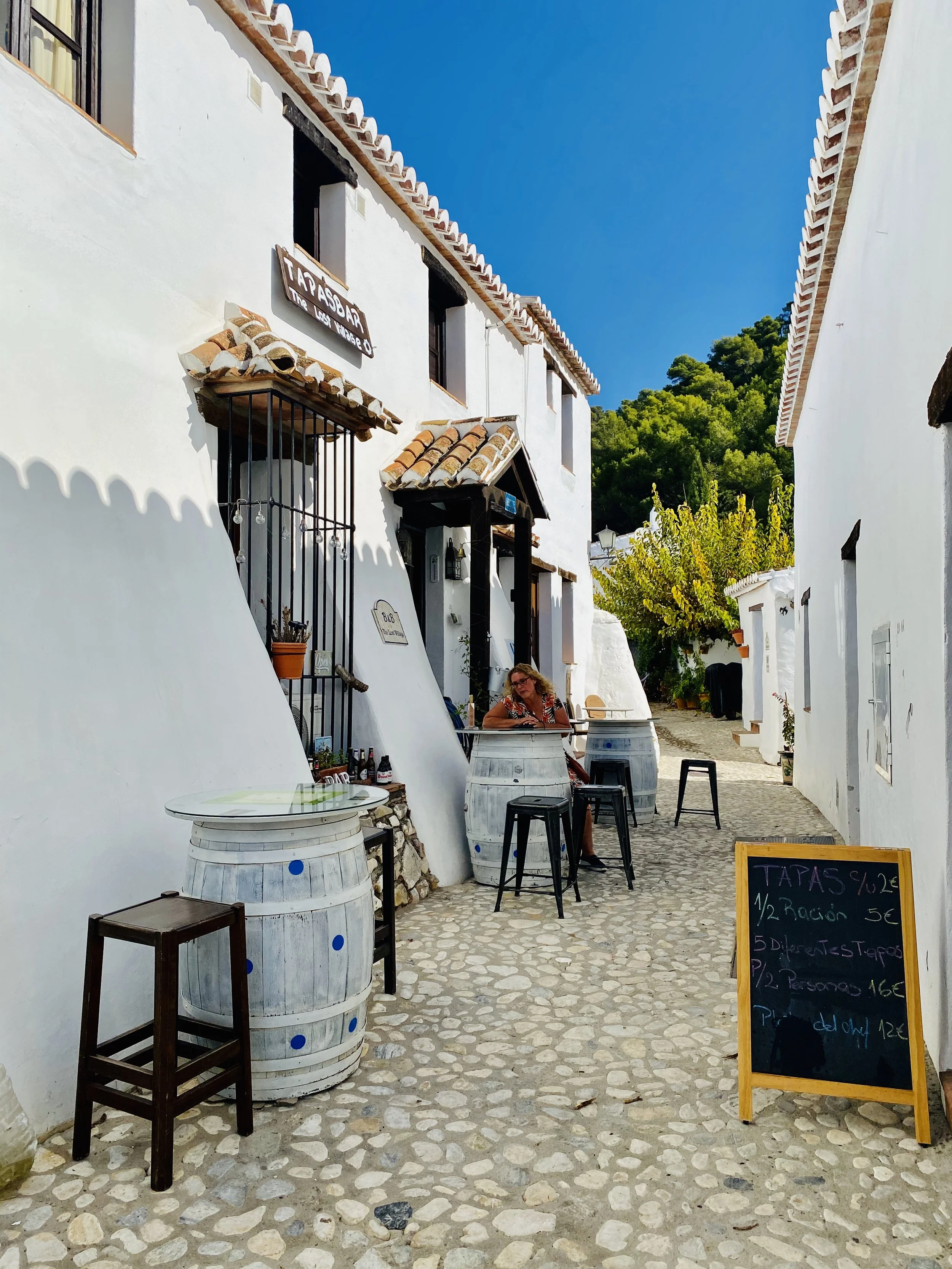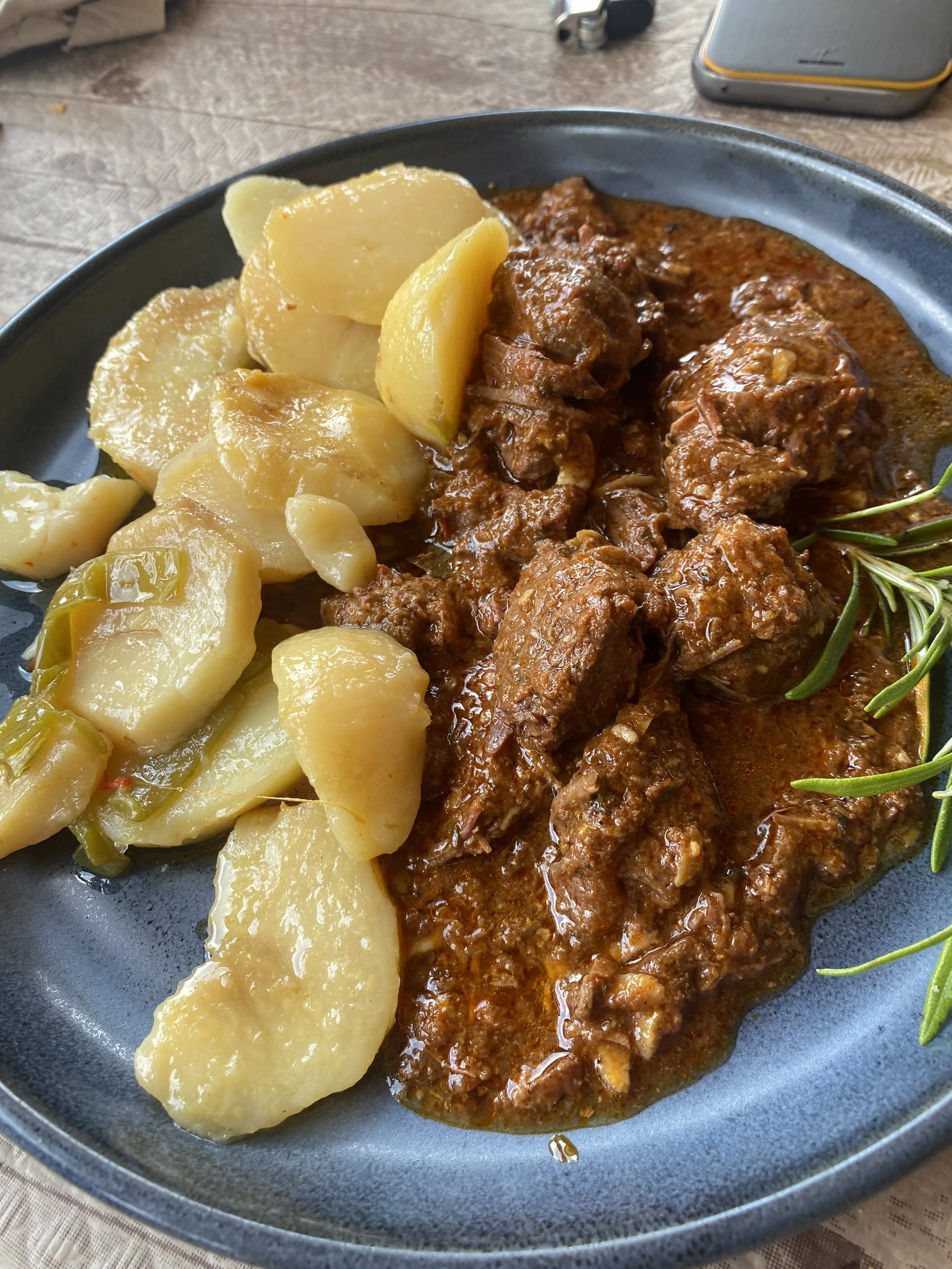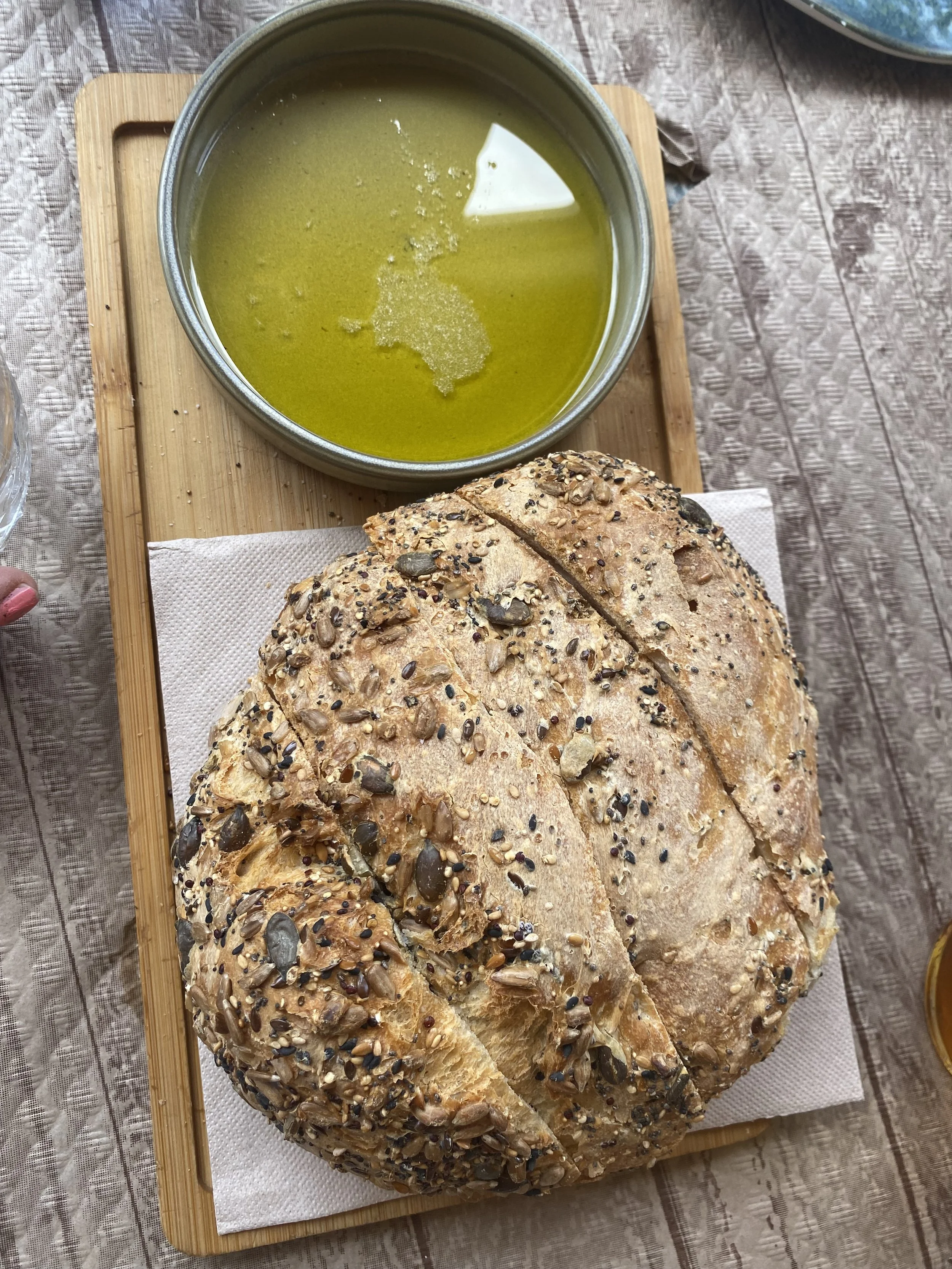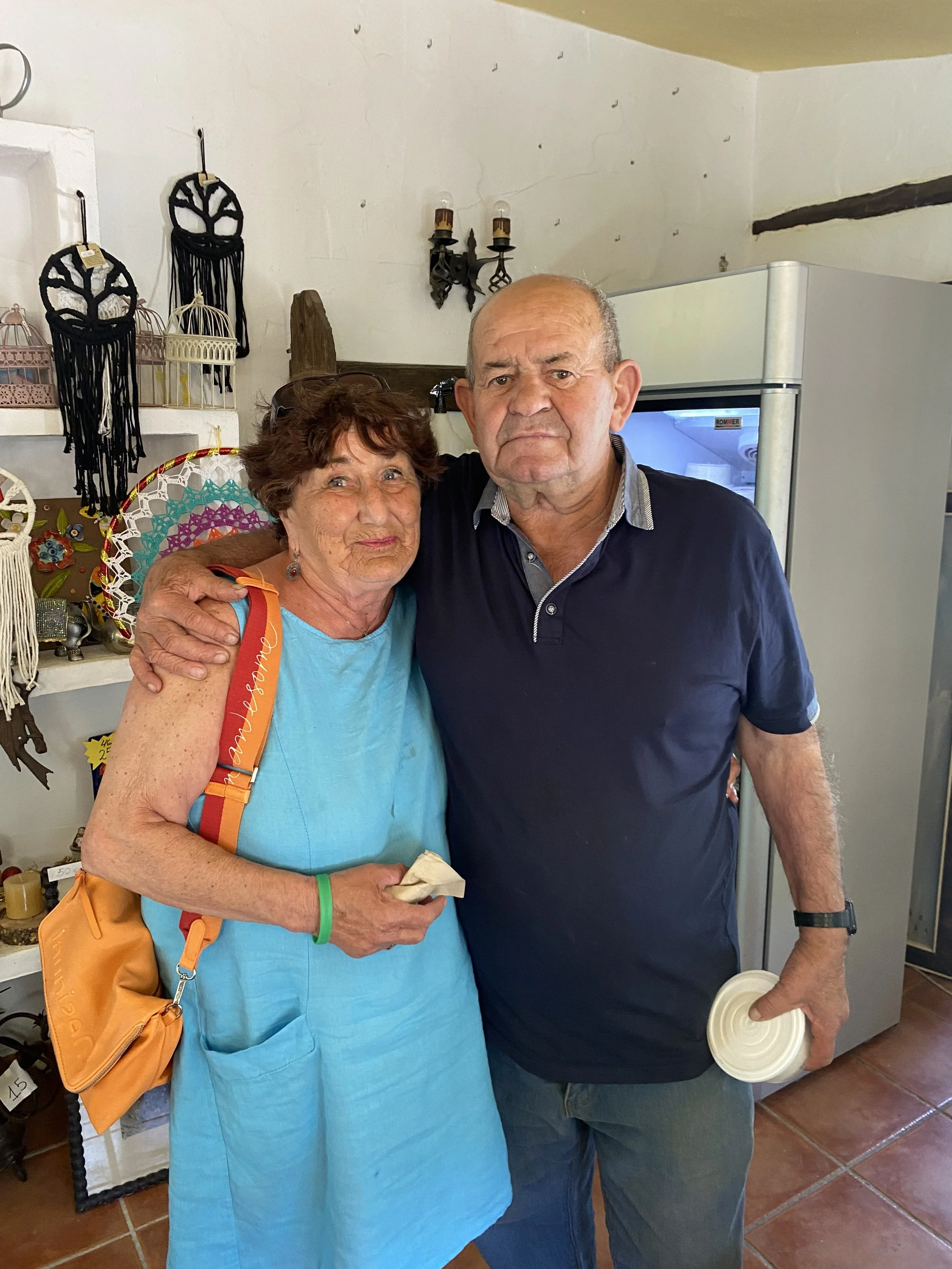El Acebuchal - Antonio the Legend, the Village and Wild Boars
Nestled in the rugged foothills of the Sierras de Tejeda, Almijara, and Alhama Natural Park, El Acebuchal is a whitewashed whisper of Andalusia’s past—a village reborn from ruins and wrapped in quiet hilltop charm.
History and Revival
Founded in the 17th century as a muleteers’ rest stop between Málaga and Granada, Acebuchal later became caught in the turmoil of the Spanish Civil War. In 1948, under Franco’s regime, its roughly 200 residents were forcibly evacuated for alleged support of anti-fascist guerrillas, leaving the village abandoned for over 50 year.
Then, in 1998, Antonio García Sánchez “El Zumbo”—a descendant of original villagers—embarked together with his wife on a mission to restore his ancestral home. With grit, traditional craftsmanship, they refurbished several houses and a tavern. Antonio's efforts inspired other former residents to return and restore their ancestral homes, contributing to restored village that exists today. By 2003, electricity and water arrived, and today, 36 homes, a chapel, cobbled streets, and Antonio’s Family tavern-restaurant stand fully revived.
Antonio’s Restaurant: A Culinary Sanctuary
At the village heart, Antonio’s restaurant is celebrated for its hearty mountain fare:
Wild boar stew in rich sauces—dark chocolate or orange-infused—earning rave reviews. Freshly baked bread, large and warm, served with olive oil and rosemary; guests often take leftovers home. A tempting selection of homemade charcuterie and cheeses, plus desserts like cakes and cheesecake.
Photos of former residents lining the walls, and Antonio occasionally showing visitors his homemade preserves and honey, lend the place a warm, familial atmosphere. Do book well in advance as it is a popular place!
Forest Surroundings and Hiking
Acebuchal is a hiker’s dream. Trails through pine-scented forests and craggy ravines wind past abandoned cortijos and over limestone ridges. Some explore via the Puerta Verde trail connecting Torrox and Frigiliana, looping back to Acebuchal—a moderate route of around 8 miles.
A popular option is a loop hike from Acebuchal—ascending into the forest, circling ravines, and returning for a well-deserved lunch. GPS tracks show moderate elevation (1,600–2,170 ft), with rich biodiversity and breathtaking mountain-to-sea views .
The Dramatic Drive
Reaching El Acebuchal is part of its allure. From Frigiliana, a scenic backroad leads through pine forests before giving way to roughly 1.5 km of gravel track. Alternatively, the route from Cómpeta-Torrox includes a rugged 6.5 km dirt track (no off-road vehicle needed) with stream crossings and dizzying vistas.
The winding drive through dense trees, wild olive (acebuche), and granite peaks keeps travelers on edge—and immersed in nature's drama.
Quietness in the Hills
A stroll through Acebuchal’s two cobbled lanes, past pastel-potted facades and fragrant courtyards, reveals almost total silence. No shops, no traffic, no mobile signal—just birdsong, breeze, and solitude.
Most visitors arrive only for lunch or trekking, and only around 20–30 people live here year-round. The hush is only broken by a few diners or Antonio’s friendly call from the restaurant terrace .
El Acebuchal is a journey—into history, into nature, and into silence.
For those seeking Andalucian authenticity unfiltered by tourism, Acebuchal is a poetic escape—an intimate, echoing whisper of what Spain once was and still can be.
Contact: Bar Acebuchal
